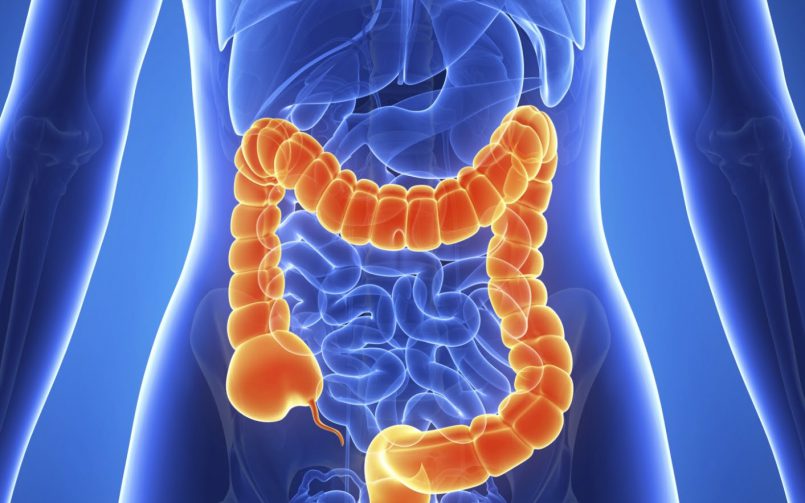
Screening of colon cancer
In Belarus, as in economically developed countries, colorectal cancer is one of the most common malignant tumors. The increase in the incidence starts from the age of 45, incidence peaks at age 75-79 years.
Risk factors that can lead to illness:
1. Features power. If the food contains too much meat and animal fats, little fiber, there is a chance that person may eventually become seriously ill.
2. Long-existing inflammatory diseases and polyps in the rectum.
3. Papilloma infection.
What is the colon cancer screening?
The colon cancer screening is a periodic endoscopic follow colon or the entire population of a certain age (usually from 50 up to 65-70 years of age), or in individuals with signs of blood in the stool that is detected by special tests.
The colon cancer screening not only can detect the tumor in the initial stage, but also to prevent cancer. It is known that colon cancer develops from colon polyps (overgrowth of the mucous of the intestine in the form of protuberances on the leg or on a broad basis). Detection and removal of polyps using the colonoscope prevents the development of colon cancer and ensure its prevention.
What are the methods to detect colon cancer? Colon cancer can be suspected in the change in bowel function (constipation, diarrhea, alternating constipation with diarrhea, rumbling and bloating), the occurrence of bleeding from the rectum, abdominal pain, weight loss, anemia, change in size or shape of feces. Usually these signs develop at a fairly late stage of tumor development.
For early detection of the tumor can be used special tests for recognizing invisible to the eye blood the stool.
Many studies have shown that a colon cancer screening test for occult blood, can significantly reduce the risk of death from colon cancer. Therefore, most physicians recommend their patients be screened for this disease.
The people of our area are available, this method of early diagnosis of colorectal cancer, as immunochromatographic rapid test for the qualitative detection of occult blood in the stool.
The test is able to detect low concentrations; haemoglobin in the stool when colorectal minor bleeding in those; cases where other biochemical methods ineffective.
The test allows to detect traces of blood in the feces that is not visibly noticeable. This may be an early symptom of gastric cancer; colorectal cancer, and ulcerative colitis. 95% of patients with bowel cancer, at 50-80% of patients; ulcerative colitis observed; positive test for occult blood in the stool. Early detection of occult blood in feces helps to identify the disease early and begin appropriate treatment.
For analysis requires no special training. Enough to collect the analysis in a plastic or glass container and deliver it to the lab.
You should note that in HI «Uzda CRH» this analysis can be performed on a free basis.
All the missing information can be obtained from your local therapist.
Author: Anatoly Nikolaevich, Kolyadich,
Oncologist.
